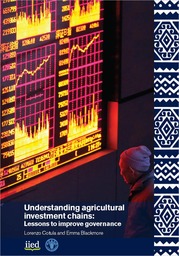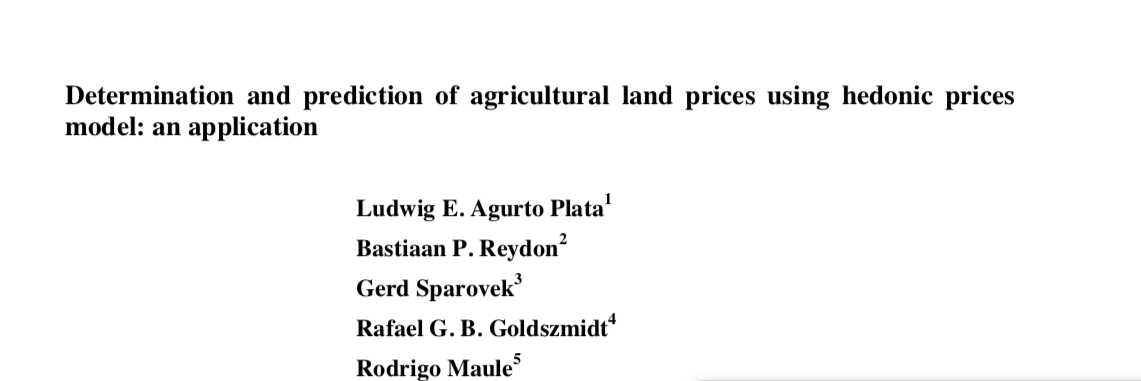VGGT: Contribution of the Land Governance Assessment Framework (LGAF) to integrating Voluntary Guidelines principles in country level action plans
The “Voluntary Guidelines on Responsible Governance of Tenure of Land, Fisheries, and Forests in the Context of National Food Security” (VGGT), endorsed by the Committee on World Food Security (CFS) in 2012, set out principles and internationally accepted standards for responsible practices and is the first comprehensive intergovernmental global instrument on tenure and its administration.










